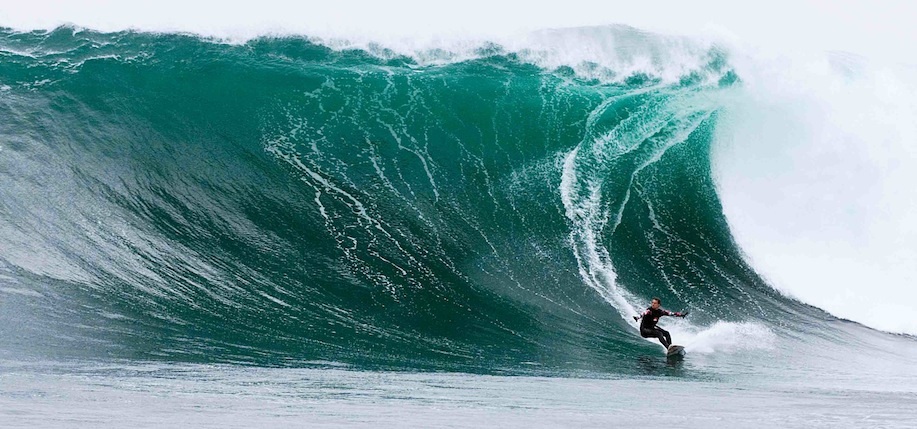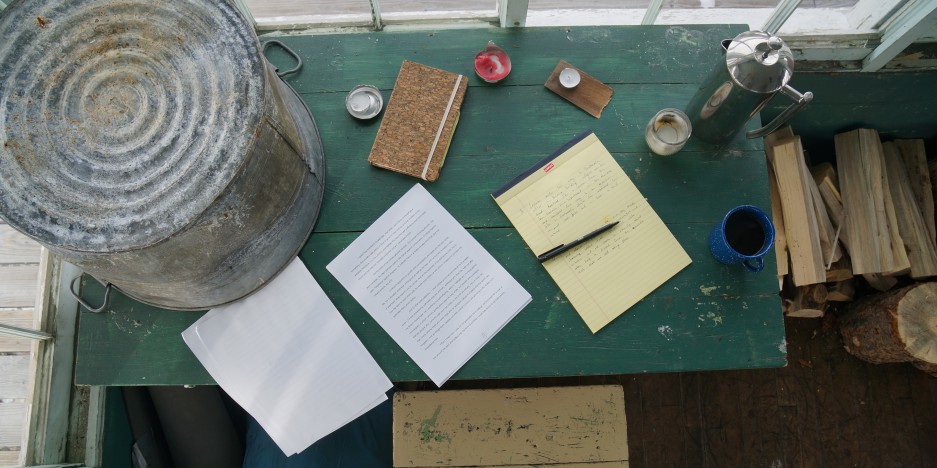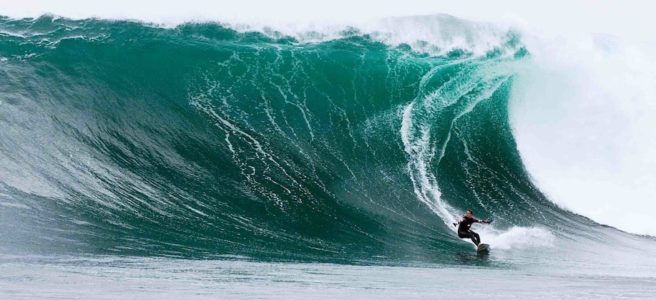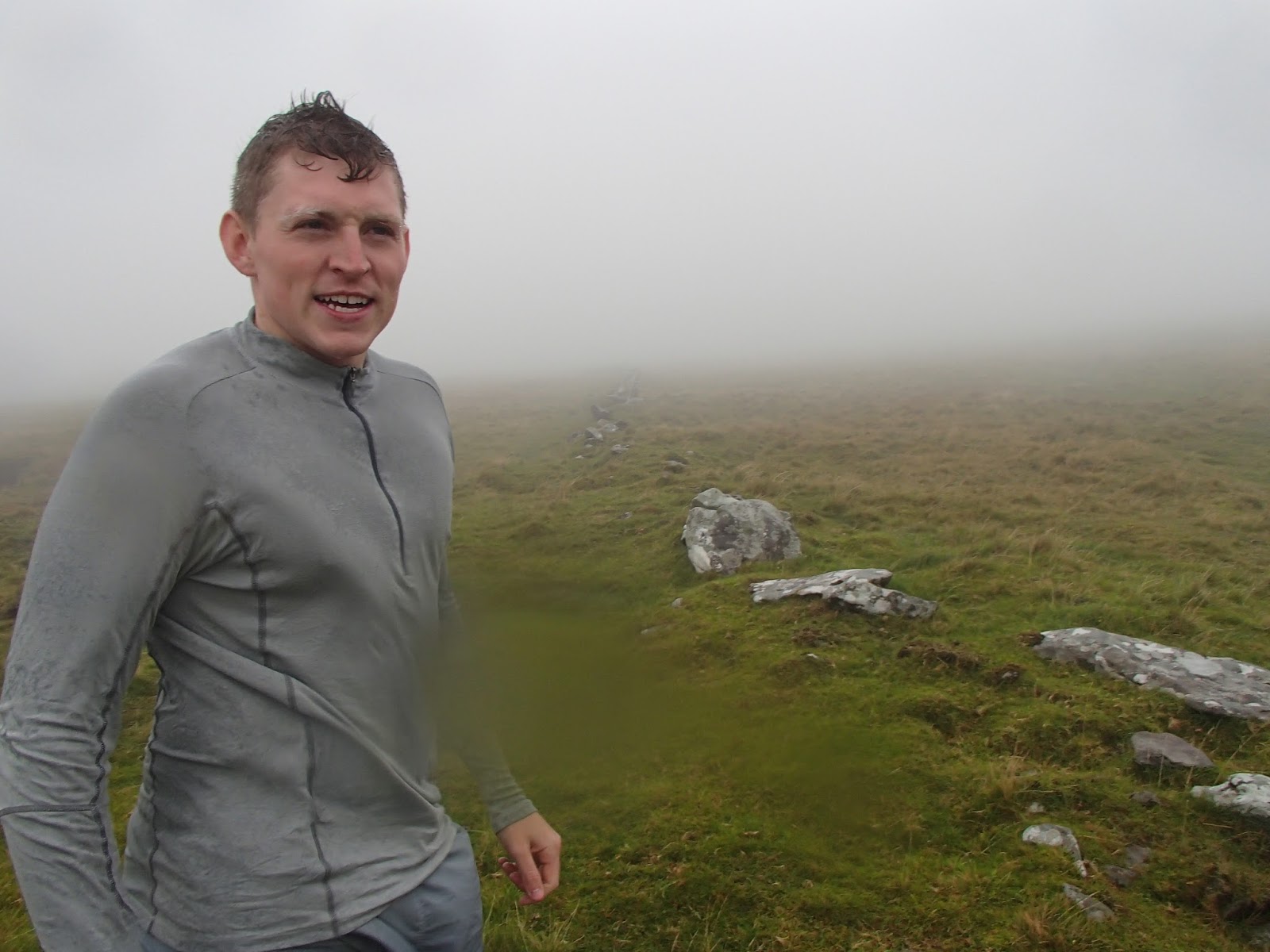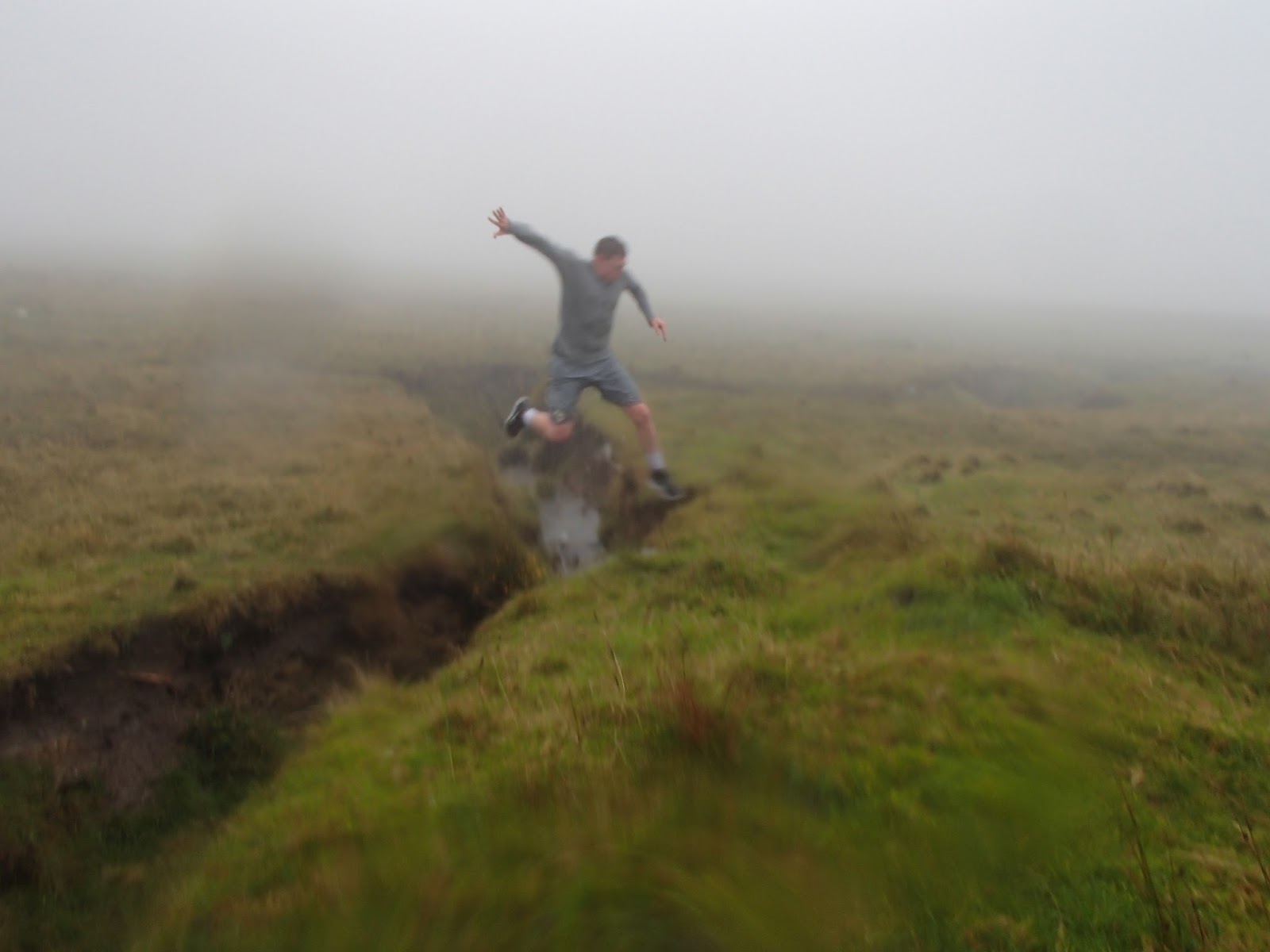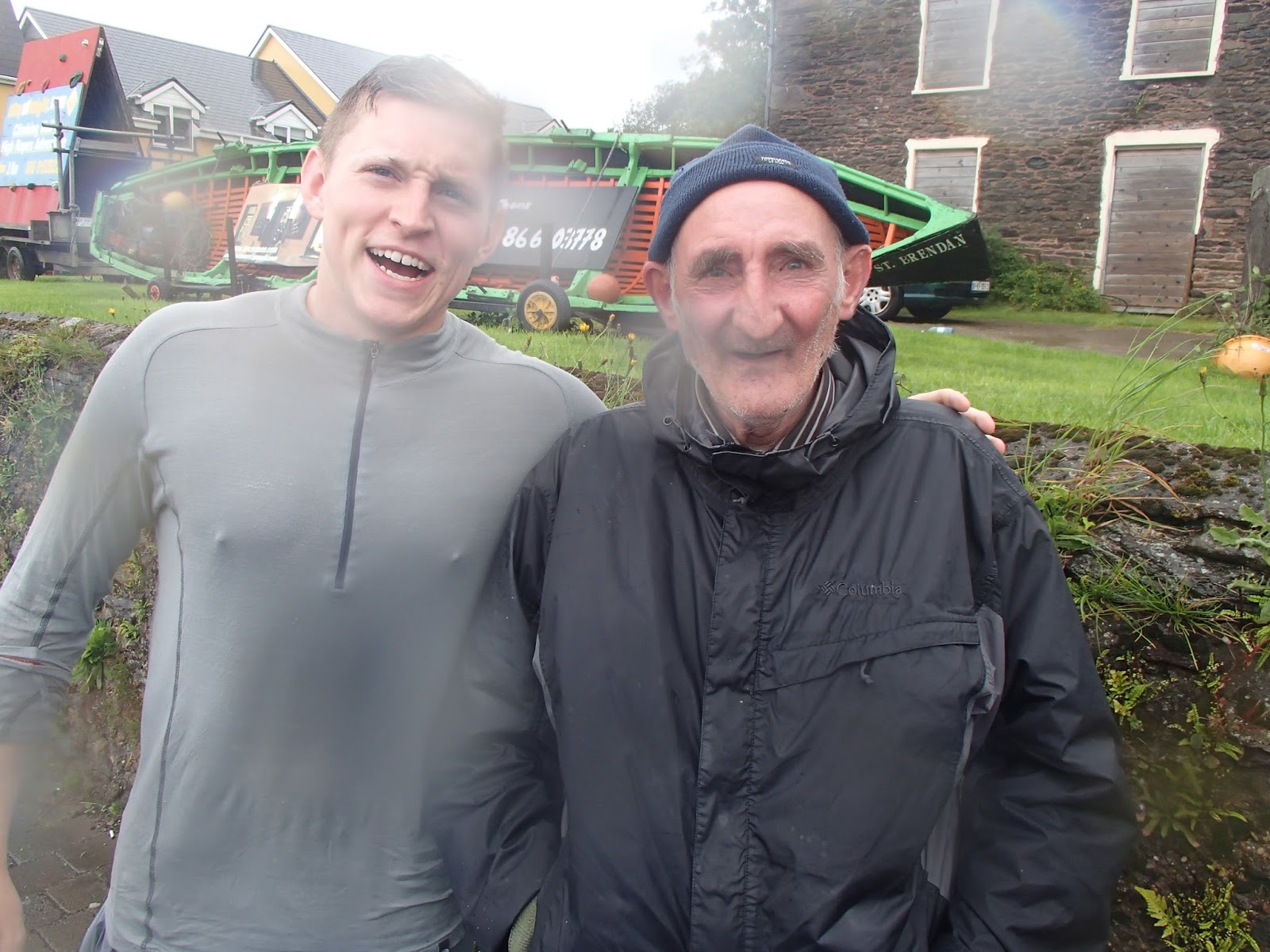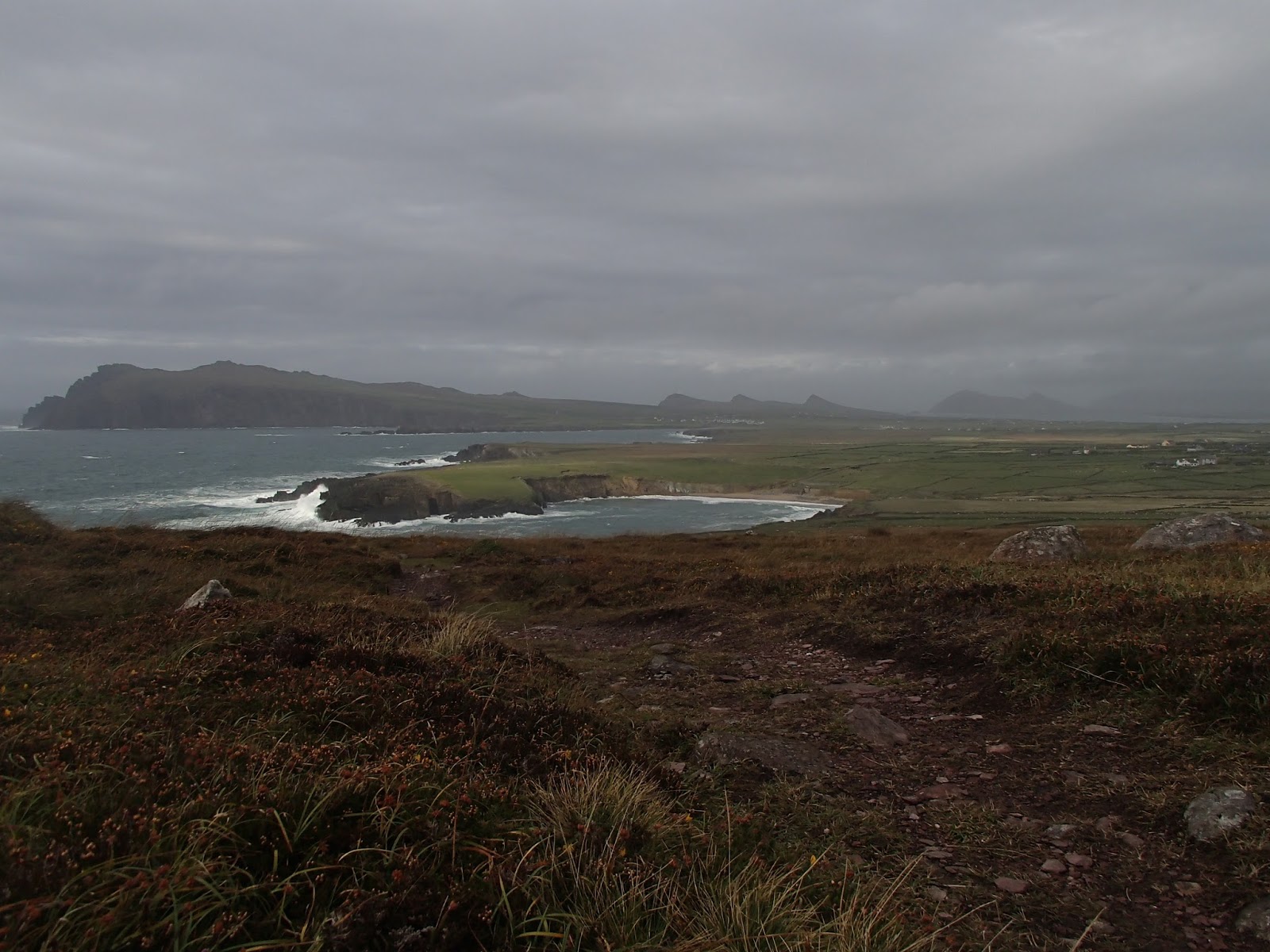I have begun to believe, recently, that there must be some characteristic in my face, or perhaps in my posture, that yells in a tongue that I do not comprehend (otherwise I would stop yelling), “please rob me.” It certainly cannot be my wealth (current checking account balance: $38.17), or outward displays thereof (I accepted long ago that I cannot have nice things, as I tend to destroy them in the early weeks of ownership and in doing so, degrade their utility as a status symbol). And yet I keep getting sort of fruitlessly robbed, in a way that seems to leave all involved parties just sort of inconvenienced.
The two chaps with the handgun got away with a Discman, which despite its sworn written assurances to the contrary skipped readily, and the real loss there was the 43 minute Carmina Burana techno remix that I had found on Napster and was listening to at the time of the relief of property. The Guatemalan ATM skimmers did manage to reduce my checking ledger to $1.49, but that only really means that they got like twenty bucks, and the bank paid me back for that anyway.
I guess over the years the TSA has stolen most of my dignity, but since the floor fell out of that currency in response the early 21st century “Terror Craze” I think that that hardly makes me special. No, I’ve been robbed a lot of times, but the perpetrators generally haven’t gotten away with much. Really, only one demographic of grifters really breaks this mould, and that demographic is cab drivers. Those guys have my number.
In Rome, once, a guy took me on two full loops around the city before “finding” the right street. Another time, after learning how hard hitchhiking can be for those 6-feet plus, I paid a cabbie like $400 for what I’m now pretty sure was technically human trafficking. That was long night. Even here in the United States, I once got into a cab that happened to be black instead of yellow (but still smelled like cigarettes, Pine-Sol, and the black market sex trade), and wound up paying more than twice what my yellow car born companions did for the same ride.
So it should come as no surprise that I was more than a little bit incredulous when I was quoted a flat 10€ fare for the 5 minute ride from our hotel to the airport on our last day in Shannon, Ireland. I mean, they insisted that I didn’t need to schedule a particularly early ride, because the trip is “only 5 minutes.” Then they told me it’s $15 plus tip and there’s no bus, and they didn’t even crack a smile when they said it. In the end, of course, no amount of incredulity could do me any good, and I capitulated to the robbery. Looking back on my most recent trip to Europe, I can say that that was the best 10€ I spent in three weeks.
That early morning heralded the impending winter with a crispness in the air that had me wearing somewhere between four and seven shirts. The driver was a shorter, stocky man whose ruddy cheeks seems to flow directly from a high collared jacket, bypassing any semblance of a neck or jowls. He had one of those massive, sort of smashed-in noses that made me wonder if he could see his feet to tie his shoes in the morning. He wore boots with no laces.
“You’ll sit in the front with me,” he said after we’d loaded my bags into the back of his VW Transporter, with a not unkind brusqueness that left little room for deliberation. Approximately five minutes later, after I had paid him 10€ (plus tip), I rushed into the terminal to scrawl down as much of our conversation as I could before it was lost forever. It went something like this:
“I went to America once,” he told me, and before he knew of my midwestern roots, went on, “to Chicago. Lovely place. We stayed in Orland Park, did our drinking in Tinley Park. Orland Park is a monstrously large housing development, but has no bar. Tinley Park, though, is only a fifteen minute walk and has quite a nice one.”
I mentioned that I grew up near there, and was familiar with the area, as well as with the idea that some towns had no zoning appropriate for bars. He sort of nodded with the same affect that might go along with listening to a creationist question the theory of evolution while you have a vicious hangover: when you know they’re wrong, but it’s just not worth arguing. He went on:
“The one problem I have with America is that your fucking beer is shit. We finally found some microbrew that was good, but all that Budweiser, Miller, Coors, is shit.” I tried to defend the burgeoning craft beer culture here, but before I could put together a real spoken thought, he broadened his stance. “And your cider is shit too.”
While the driver didn’t seem particularly interested in comparing our disparate observations about my native land, he did seem to acknowledge that Tinley Park is not really Chicago, and was sure to mention that he had done some real city stuff. Namely, that they had “walked through the Brookfield Zoo when it was 105 fucking degrees!”
Naturally, the conversation turned eventually to food. “The pizza is delicious.”
Connoisseurs of midwestern gastronomy know that while Chicago Pizza is certainly its own genre, that every shop makes it a little differently, yielding strongly partisan feelings on the matter (I once saw a man get shivved by his date in an Antigua nightclub because he insisted that Pizzeria Duo was really the original). So naturally I asked him where they went.
“I tried every fucking pizza they made,” he said with a vigor that at once gave me concern (he was captaining our vehicle at upwards of 120kph) and satisfaction that he had embraced the partisan anger that is canonical in Chicago pizza culture. But it didn’t stop there.
“And the ice cream!” He was really rolling, now. “You guys got flavors of ice cream I never even dreamed of! And on top of it, you got ‘Buy One Bucket: Get Two Buckets!’ deals everywhere. Un-fuckin-believable.”
The topic having come to food, he couldn’t help but assure himself that I had eaten the proper Irish foods. I don’t recall, now, exactly which meals I mentioned except that corned beef and cabbage was not among them and that he seemed satisfied. The only exception was the seafood chowder. I had that with every meal at which it was available (sometimes breakfast) until I found my other lactate threshold and spend 36 hours throwing up. The driver had strong feelings about chowder as well.
“A chowder shouldn’t have too many vegetables. Sure, some celery, a bit of onion, maybe even a tiny bit of carrot. But if there’s more veggies than fish, they’re fuckin’ cheatin’ ye.”
And there you have it.
